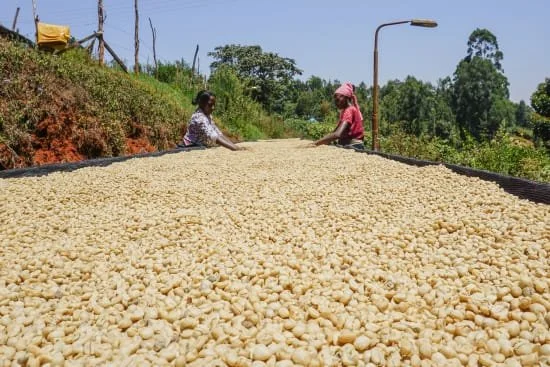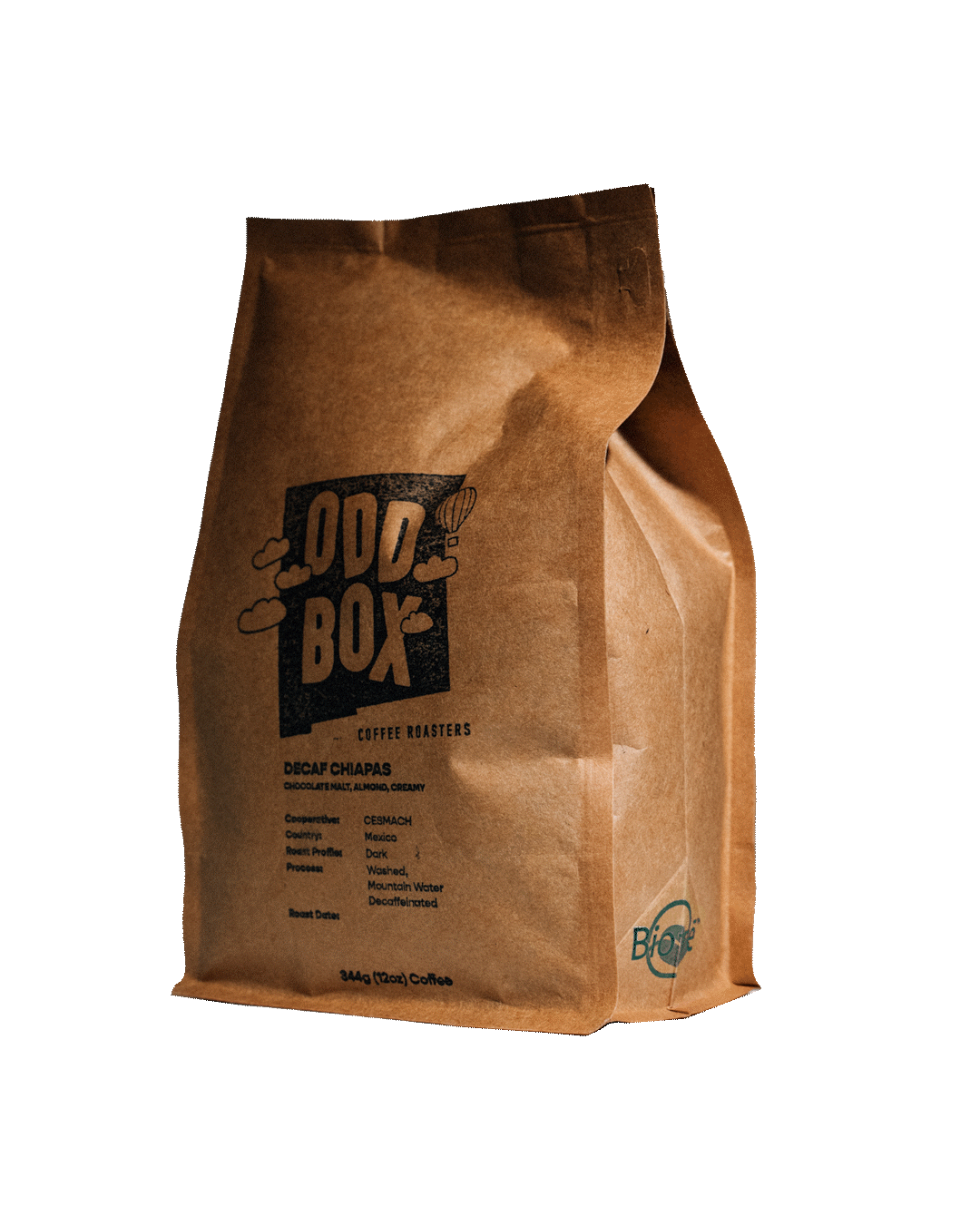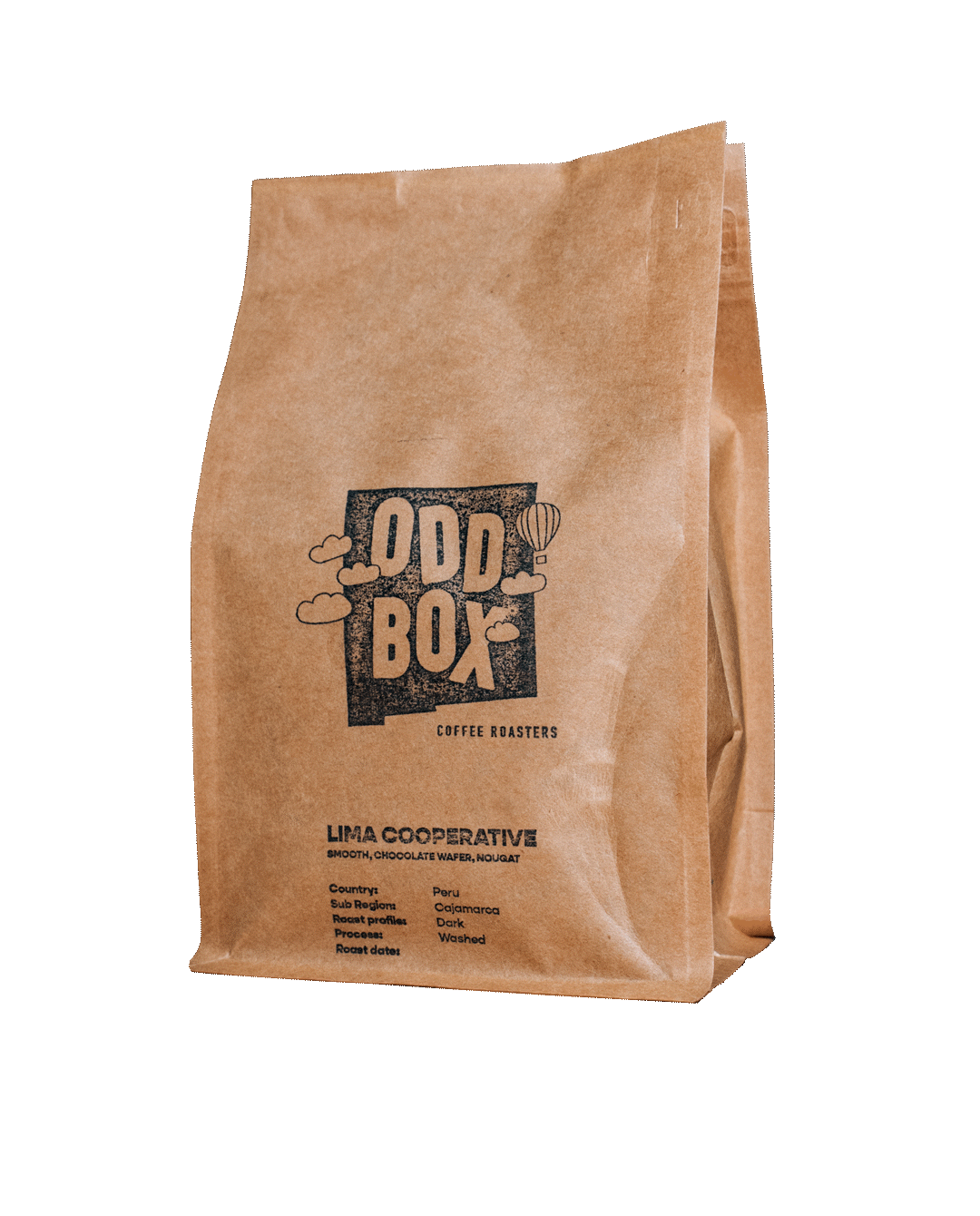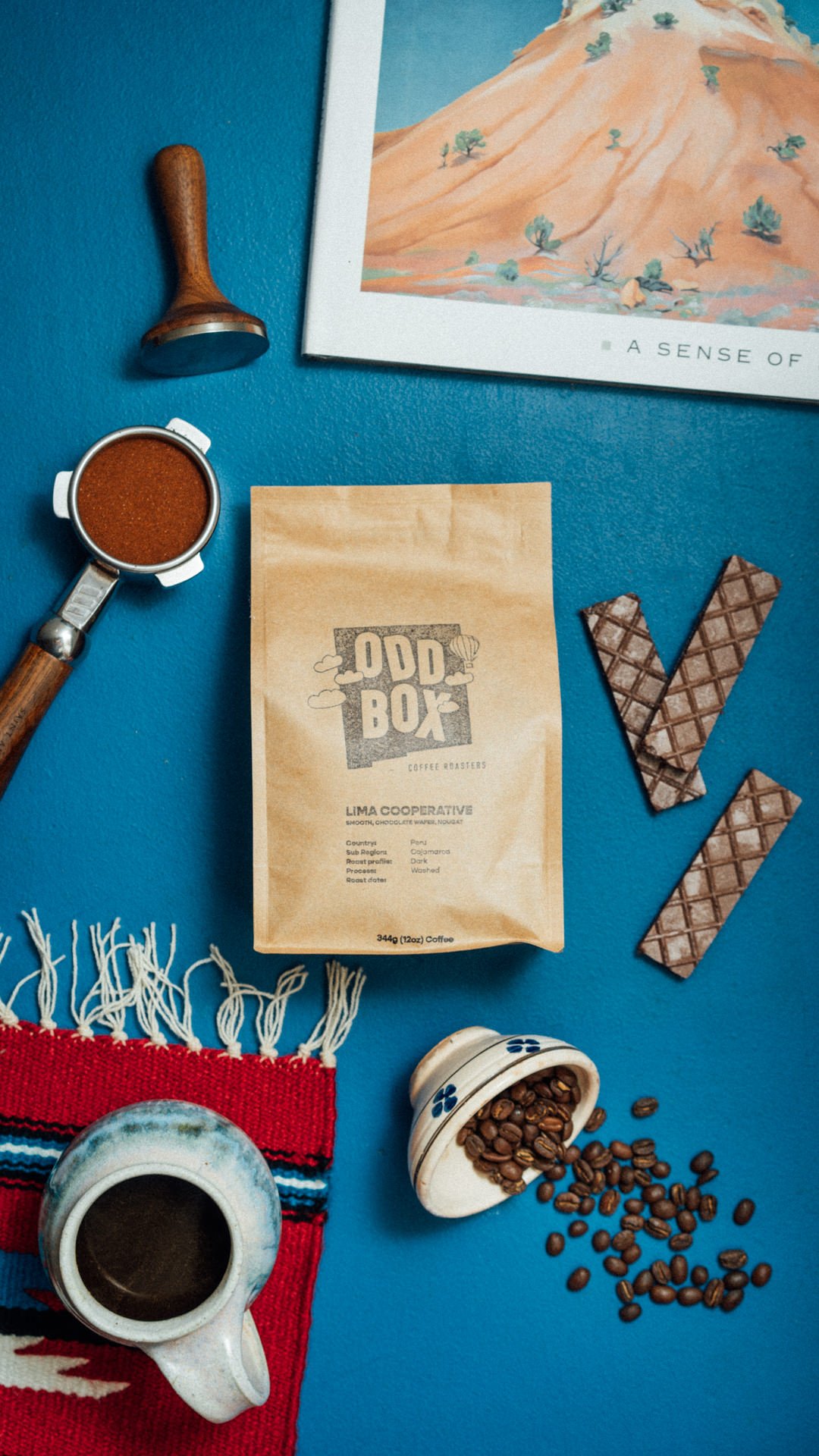Kirinyaga - Kenya - Light
Kenya’s has a reputation for being the favorite coffee growing region of many coffee professionals. Why? One word: Acidity. To be clear, acidity in coffee does NOT refer to that feeling in your gut when you’ve had your 8th cup. No. That’s something else. Acidity as a tasting term is the crisp, zingy characteristic found most commonly in lighter roast coffees. If that still doesn’t clear it up, think about the difference between a fresh strawberry and a cooked or sadder, (wiser?) slightly older strawberry. That zing is acidity. And the traditional varietals and environmental conditions of Kenya bring out a distinct and highly sought-after acidity in the coffee.
This cup from Kirinyaga is no exception! With notes of ruby-red grapefruit and a touch of dark chocolate to boot, this coffee is absolutely worth checking out. I enjoy mine best as a filter drip, but don’t let me stop you. Go ahead. Try it as an espresso. At a comfortable 2.5:1 ratio it radiates the grapefruit notes, but holds its balance with sweetness.
Roast Level: Light
Process: Washed
Variety: Batian, SL28, SL34, Ruiru 11
Cooperative: Inoi Cooperative - Kerugoya AB
Ratio:
Filter - 15:1
Espresso - 15g dose, 38g yield
Kenya’s has a reputation for being the favorite coffee growing region of many coffee professionals. Why? One word: Acidity. To be clear, acidity in coffee does NOT refer to that feeling in your gut when you’ve had your 8th cup. No. That’s something else. Acidity as a tasting term is the crisp, zingy characteristic found most commonly in lighter roast coffees. If that still doesn’t clear it up, think about the difference between a fresh strawberry and a cooked or sadder, (wiser?) slightly older strawberry. That zing is acidity. And the traditional varietals and environmental conditions of Kenya bring out a distinct and highly sought-after acidity in the coffee.
This cup from Kirinyaga is no exception! With notes of ruby-red grapefruit and a touch of dark chocolate to boot, this coffee is absolutely worth checking out. I enjoy mine best as a filter drip, but don’t let me stop you. Go ahead. Try it as an espresso. At a comfortable 2.5:1 ratio it radiates the grapefruit notes, but holds its balance with sweetness.
Roast Level: Light
Process: Washed
Variety: Batian, SL28, SL34, Ruiru 11
Cooperative: Inoi Cooperative - Kerugoya AB
Ratio:
Filter - 15:1
Espresso - 15g dose, 38g yield
Kenya’s has a reputation for being the favorite coffee growing region of many coffee professionals. Why? One word: Acidity. To be clear, acidity in coffee does NOT refer to that feeling in your gut when you’ve had your 8th cup. No. That’s something else. Acidity as a tasting term is the crisp, zingy characteristic found most commonly in lighter roast coffees. If that still doesn’t clear it up, think about the difference between a fresh strawberry and a cooked or sadder, (wiser?) slightly older strawberry. That zing is acidity. And the traditional varietals and environmental conditions of Kenya bring out a distinct and highly sought-after acidity in the coffee.
This cup from Kirinyaga is no exception! With notes of ruby-red grapefruit and a touch of dark chocolate to boot, this coffee is absolutely worth checking out. I enjoy mine best as a filter drip, but don’t let me stop you. Go ahead. Try it as an espresso. At a comfortable 2.5:1 ratio it radiates the grapefruit notes, but holds its balance with sweetness.
Roast Level: Light
Process: Washed
Variety: Batian, SL28, SL34, Ruiru 11
Cooperative: Inoi Cooperative - Kerugoya AB
Ratio:
Filter - 15:1
Espresso - 15g dose, 38g yield
Inoi is a cooperative located in Kirinyaga county. After the cherries are collected, they are meticulously hand-sorted, depulped, and fermented overnight to remove the mucilage. The seeds are then sorted again into grades, and dried for 10-20 days. The cherry skins left from depulping are distributed back to the producers to be mixed with manure and become fertilizer.
Coffees in “parchment” - a dry husk that expands and separates from the coffee seed (read: bean). Here the coffee is drying in raised beds, enabling more even drying. Kenyan women urn the coffees over nonetheless to help facilitate the process.















